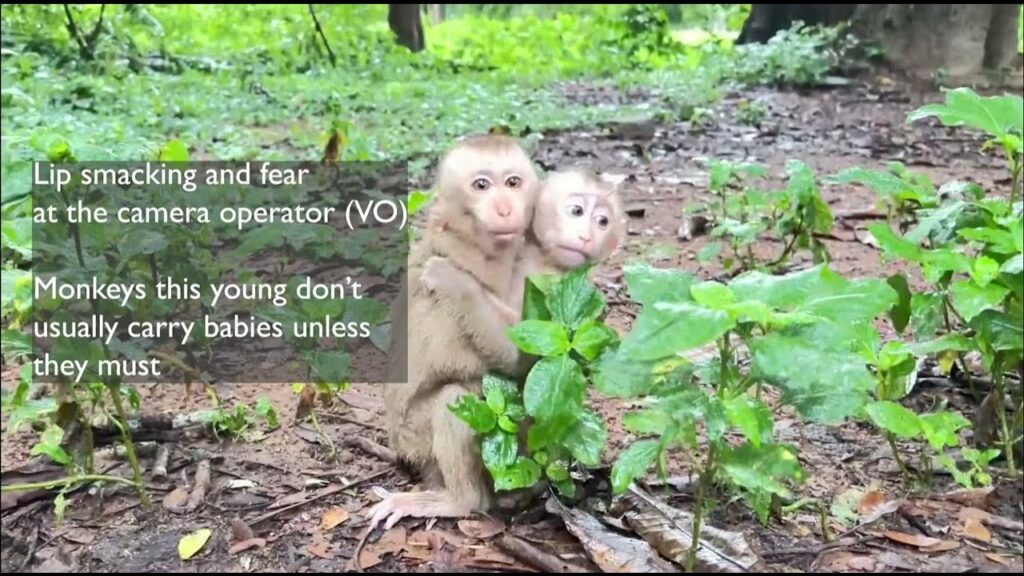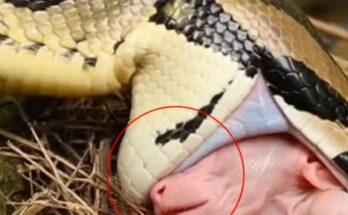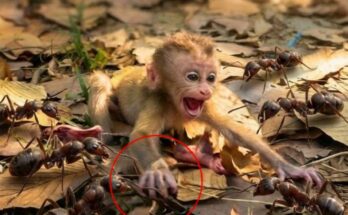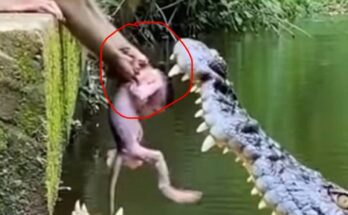
Many people who acquire monkeys are captivated by the initial cuteness. As infants, they’re small, gentle, and dependent, much like human babies. Owners dress them in clothes, feed them milk, and showcase their every move online. These videos often spark trends, with viewers commenting about how much they “wish they could have one too.” What is rarely shown, however, is the day when that cuteness fades.
As monkeys grow, their natural instincts take over. They become stronger, more territorial, and less predictable. They may bite, scratch, or destroy objects in the home. Their needs for space, mental stimulation, and companionship far exceed what most households can provide. And unlike domesticated animals, monkeys remain wild at heart — no matter how many cuddles they once shared.
When the challenges mount, some owners quietly give up. The once-beloved “internet star” is now a burden. Many monkeys are abandoned, handed over to underfunded shelters, or sold to less-than-reputable buyers. Some are even released into the wild, where their survival chances are slim. Alone and confused, these animals often suffer from malnutrition, disease, and deep psychological trauma.
Animal welfare groups around the world warn about this hidden crisis. Rescue centers in Southeast Asia, Africa, and the U.S. are overwhelmed with former “pet” monkeys. Many arrive in poor health — overweight from human food, underweight from neglect, or suffering from broken bones and untreated illnesses. Their social skills with other monkeys are often underdeveloped because they were raised in isolation.
The tragic irony is that the very platform that made these monkeys famous often erases them when the reality sets in. Their videos disappear, replaced by the next cute animal trend, while the actual monkey lives out its days behind bars in a rescue facility.
Experts stress that the best solution is prevention — raising awareness about the complex needs of primates and discouraging their use as pets in the first place. They are intelligent, social, and emotional beings who belong in the wild or in specialized sanctuaries, not in someone’s living room for online entertainment.
The next time a “cute monkey” video appears on your feed, it’s worth asking: what happens when the camera turns off? For many of these animals, the answer is not nearly as heartwarming as the video that made them famous.


